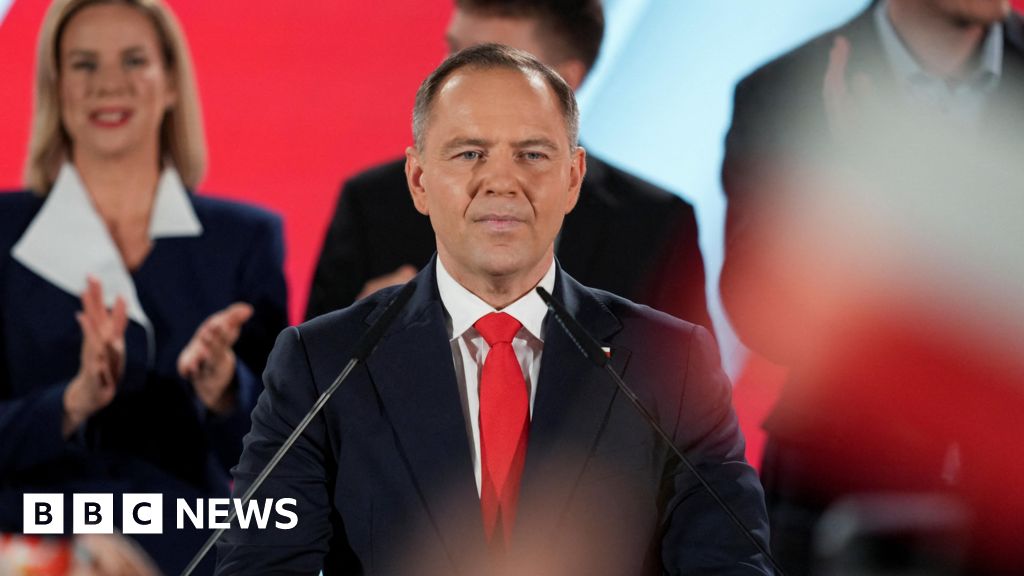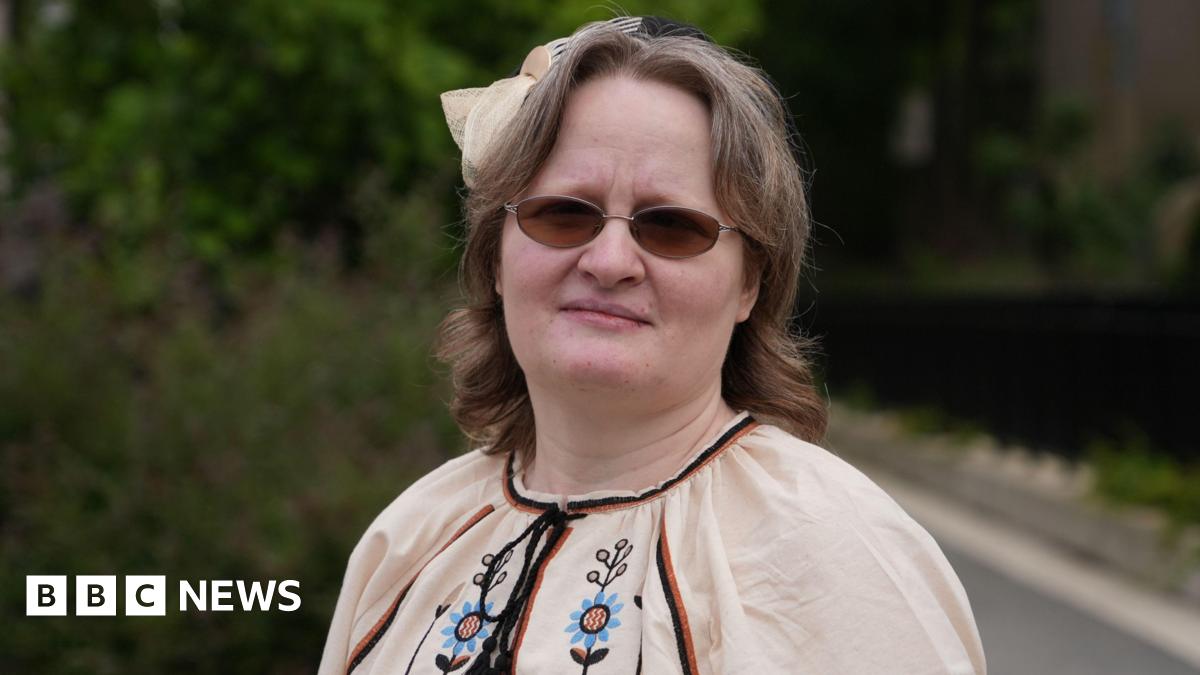Poland Elects Conservative Historian as President in Tight Race

Warsaw, Poland – In a closely contested election, conservative historian Andrzej Duda is poised to secure another term as Poland's president. Preliminary results, as reported by local media, indicate a narrow victory for Duda, garnering 50.9% of the votes compared to Warsaw's liberal Mayor Rafał Trzaskowski's 49.1%. The Polish Electoral Commission (PKW) is expected to formally announce the official results later today, Monday morning.
This outcome reflects a deeply polarized political landscape in Poland, pitting the incumbent Duda, backed by the ruling Law and Justice (PiS) party, against Trzaskowski, representing a coalition of opposition parties. The election was marked by intense campaigning and a focus on key issues such as judicial reforms, the rule of law, and the country's economic future.
Duda's Victory: A Mandate for Conservative Policies
Duda's victory signals a continuation of conservative policies in Poland. Throughout his first term, he has championed traditional values and implemented judicial reforms that have drawn criticism from the European Union and international human rights organizations. Supporters view these reforms as necessary to streamline the judicial system and enhance its efficiency, while critics argue they undermine the independence of the judiciary and threaten democratic principles.
The PiS party, a dominant force in Polish politics, has consistently advocated for a strong national identity, social conservatism, and a more assertive foreign policy. Duda's re-election is expected to solidify the party's grip on power and likely lead to the further implementation of its agenda.
Trzaskowski's Challenge: Representing a Liberal Alternative
Trzaskowski's campaign focused on presenting a more liberal and pro-European alternative to Duda and the PiS party. He emphasized the importance of dialogue, compromise, and adherence to the rule of law. His strong performance, despite the narrow defeat, demonstrates a significant level of support for these values within Polish society.
The close margin of victory highlights the deep divisions within the Polish electorate and suggests that the political landscape remains fluid. Trzaskowski's campaign resonated with urban voters, younger generations, and those who prioritize Poland's integration with the European Union.
Looking Ahead: Political Implications and Future Challenges
The outcome of this election has significant implications for Poland's domestic and foreign policy. Duda's re-election is likely to deepen tensions with the European Union over judicial reforms and concerns about democratic backsliding. It also raises questions about the future of Poland's relationship with its neighbors and its role within the broader European context.
Despite the narrow victory, Duda faces the challenge of bridging the political divide and addressing the concerns of those who voted for Trzaskowski. The next five years will be crucial for Poland as it navigates complex domestic and international challenges.
The official announcement from the PKW will provide the definitive results and further clarity on the margin of victory. Political analysts are already dissecting the data to understand the factors that contributed to Duda's success and the implications for the future of Polish politics.






